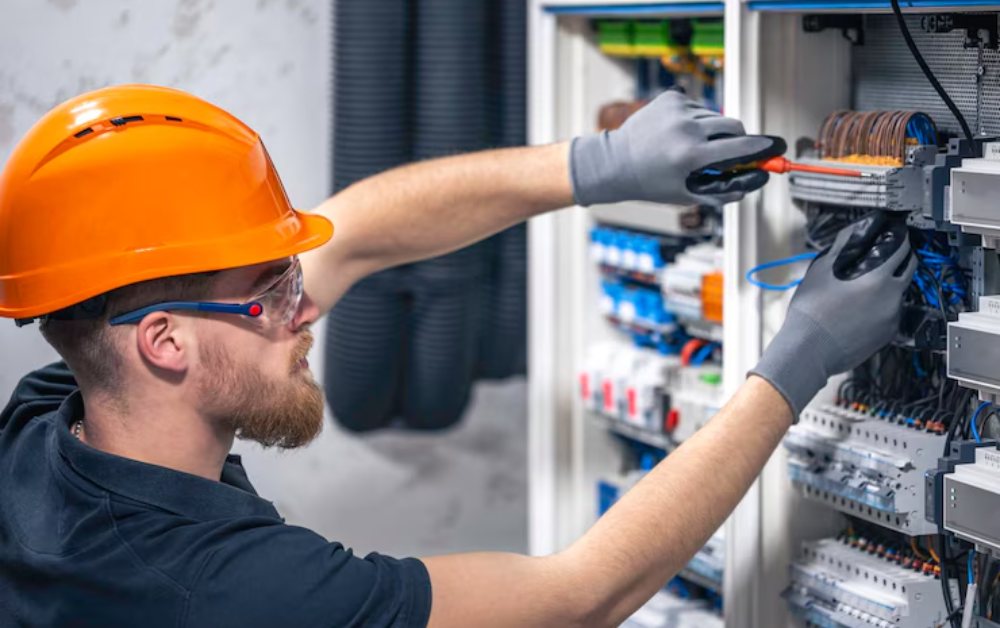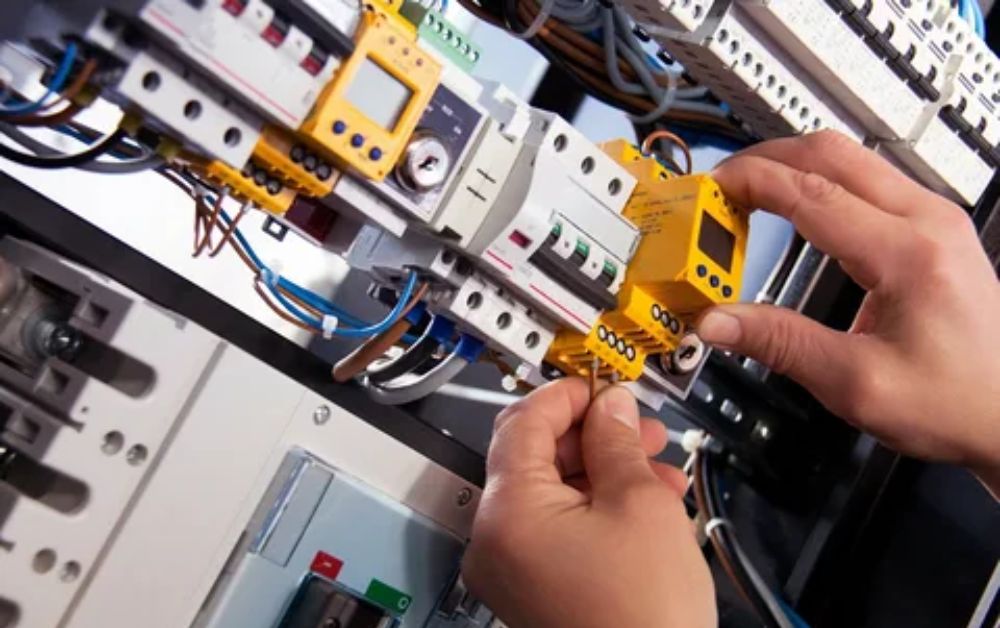Electrical installations form the backbone of modern infrastructure, ensuring that residential, commercial, and industrial buildings have a safe and reliable power supply. In Dubai, the Dubai Electricity and Water Authority (DEWA) plays a crucial role in regulating electrical installations to ensure safety, reliability, and sustainability. As the primary utility provider in the region, DEWA has set strict regulations that govern electrical installations, ensuring that all electrical work adheres to high safety standards.
Understanding these regulations is essential for anyone involved in electrical installations, from contractors and engineers to property owners. In this blog, we’ll break down the key elements of DEWA regulations and their significance in maintaining safety and efficiency in Dubai’s electrical infrastructure.
The Role of DEWA in Electrical Installations
DEWA is the government-owned utility provider responsible for supplying electricity and water to the residents and businesses of Dubai. As part of its mandate, DEWA oversees all aspects of electrical installations, from the design phase to the final inspection and commissioning. The authority ensures that every electrical installation in Dubai meets the required safety standards to protect both people and property.
DEWA regulations cover a wide range of electrical systems, including the installation of wiring, circuit breakers, switches, electrical panels, and safety devices. These rules are designed to ensure that electrical systems are installed correctly, operate efficiently, and provide the necessary protection against electrical hazards, such as fires, electrical shocks, and system malfunctions.
Key DEWA Regulations for Electrical Installations
DEWA regulations cover several important aspects of electrical installations, ensuring that safety, efficiency, and sustainability are prioritized. Some of the key areas covered under DEWA guidelines include:
1. Compliance with International Standards
One of the key principles behind DEWA regulations is adherence to international standards for electrical safety. DEWA mandates that all electrical installations comply with globally recognized standards, including the International Electrotechnical Commission (IEC) standards and the British Standard (BS) for electrical components. This ensures that all wiring, switches, sockets, and other electrical components meet the highest safety requirements.
By enforcing these standards, DEWA helps ensure that all electrical installations in Dubai are not only safe for users but also designed to withstand the extreme temperatures and environmental conditions that are typical in the region.
2. Electrical Load Calculations and Sizing
Proper load calculation is a critical step in ensuring that an electrical system can handle the required power consumption without overloading. DEWA regulations require that all electrical installations undergo detailed load calculations, taking into account the total electrical demand of a building, including lighting, HVAC systems, and electrical appliances.
The electrical system must be sized appropriately to handle these loads and avoid issues such as overheating, voltage drops, or short circuits. By ensuring that all installations meet load requirements, DEWA regulations help minimize the risk of electrical failure and ensure the safety of the building’s occupants.
3. Grounding and Earthing Requirements
Proper grounding and earthing are essential for the safe operation of electrical systems. DEWA regulations stipulate that all electrical systems must be properly grounded to prevent electric shock hazards. Grounding ensures that any stray electrical current is safely diverted to the earth, protecting users from potential electrocution.
Moreover, DEWA requires that the grounding system be inspected and tested regularly to ensure its integrity. Grounding conductors must be sized appropriately based on the electrical load, and the installation should be done in accordance with safety standards.
4. Circuit Protection and Safety Devices
DEWA regulations emphasize the importance of circuit protection devices such as circuit breakers, fuses, and residual current devices (RCDs). These devices are designed to disconnect the electrical supply in case of an overload, short circuit, or ground fault, preventing damage to the electrical system and reducing the risk of electrical fires.
The installation of safety devices is mandatory, and they must be rated correctly based on the expected load and the type of circuit being protected. DEWA regulations require that all electrical systems be equipped with these protective measures to ensure the safety of both the building and its occupants.
5. Wiring Methods and Installation Practices
DEWA guidelines specify the appropriate wiring methods and installation practices for different types of buildings and applications. This includes the type of cables to be used, their insulation ratings, and how they should be routed within the building. Wiring must be installed in a way that minimizes the risk of damage, such as avoiding exposure to heat sources or physical stress.
Additionally, DEWA regulations mandate that wiring be installed in accordance with the best practices for accessibility and maintenance. This ensures that the system remains functional and safe over time, reducing the likelihood of electrical faults.
6. Inspection and Certification
Once the electrical installation is completed, DEWA requires that the installation be inspected by a licensed electrical contractor to ensure compliance with all regulations. After the inspection, DEWA will issue a certificate of compliance, indicating that the electrical system meets the required standards for safety and performance.
Regular inspections are also required for existing installations, especially in high-risk areas such as industrial facilities, commercial buildings, and older buildings that may require upgrades to meet current standards.
The Importance of DEWA Regulations for Safety
The importance of DEWA regulations cannot be overstated, as they serve to protect both property and human lives. By ensuring that all electrical installations in Dubai comply with safety standards, DEWA plays a vital role in reducing the risk of electrical hazards such as fires, shocks, and system malfunctions. Compliance with these regulations not only enhances the safety of the electrical installation but also ensures that electrical systems operate efficiently, reducing energy wastage and promoting sustainability.
Moreover, DEWA’s regulations help ensure that Dubai’s rapidly growing infrastructure remains safe and reliable, with high standards of electrical safety in both residential and commercial buildings. This is crucial as Dubai continues to expand, with new developments and construction projects emerging in various sectors.
Conclusion: Al Arz Electrical Ware Trading – A Trusted Partner for DEWA-Compliant Electrical Products
When it comes to sourcing electrical products that comply with DEWA’s strict regulations, Al Arz Electrical Ware Trading stands out as a trusted supplier. Known for offering high-quality, DEWA-compliant electrical components, Al Arz Electrical Ware Trading ensures that your electrical installations meet the necessary safety and performance standards. Whether you’re a contractor, developer, or property owner, Al Arz Electrical Ware Trading provides expert guidance and top-tier electrical solutions that adhere to DEWA’s rigorous guidelines. With their commitment to quality and safety, you can rest assured that your electrical systems will be installed and maintained to the highest standards.













